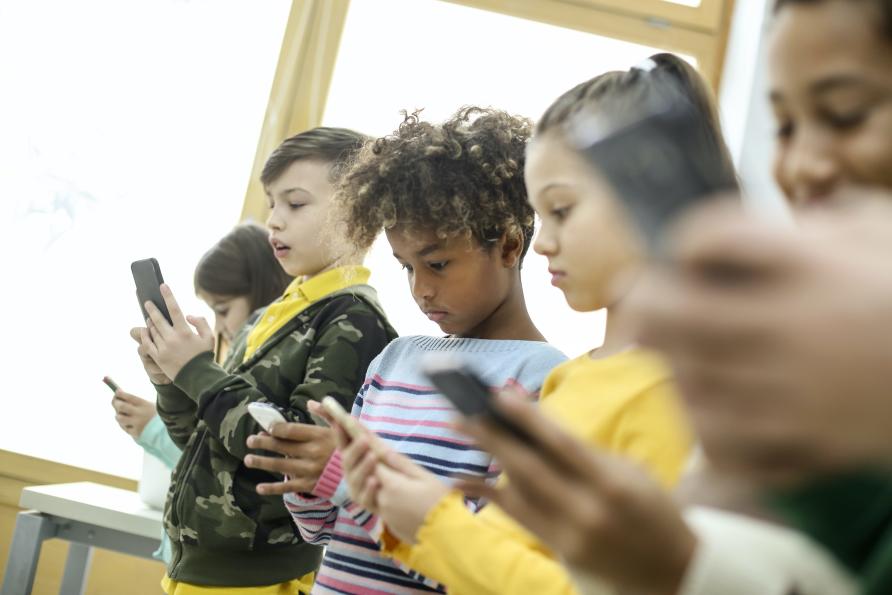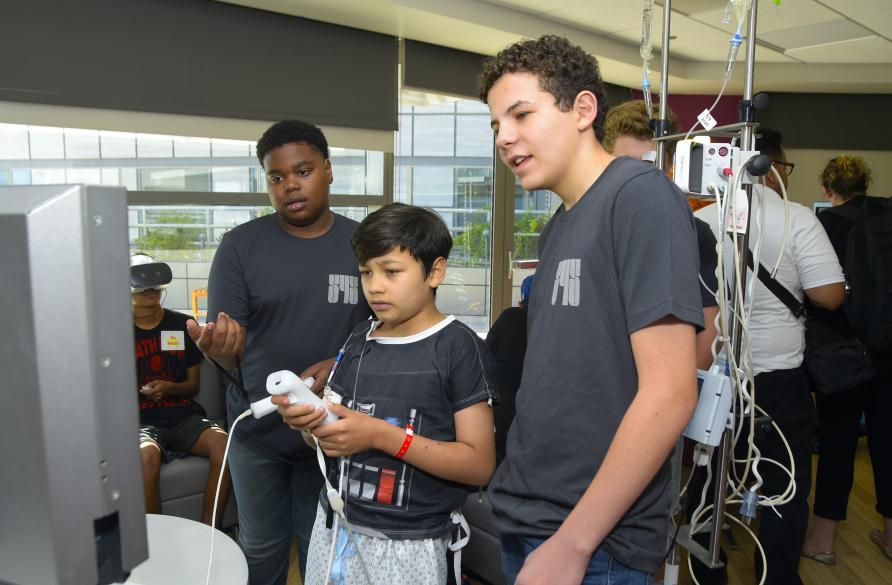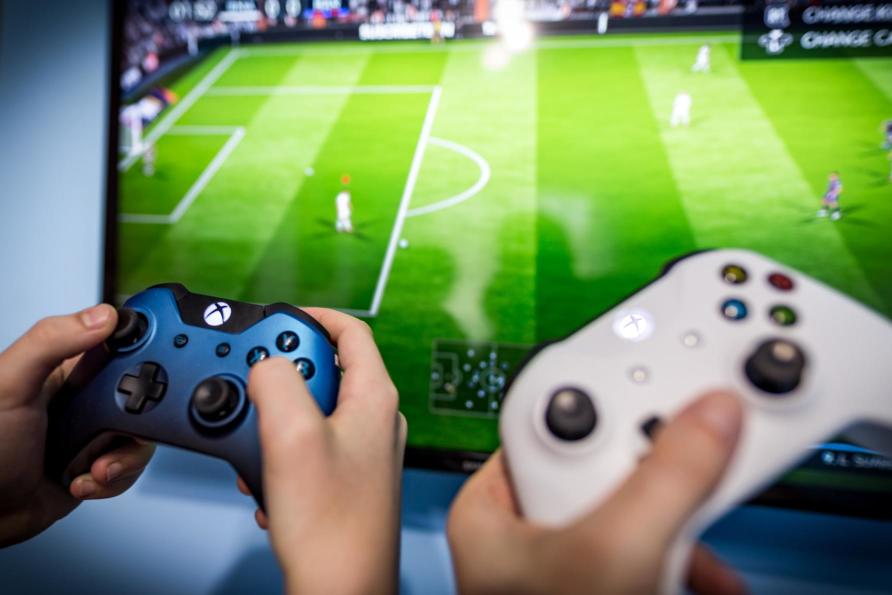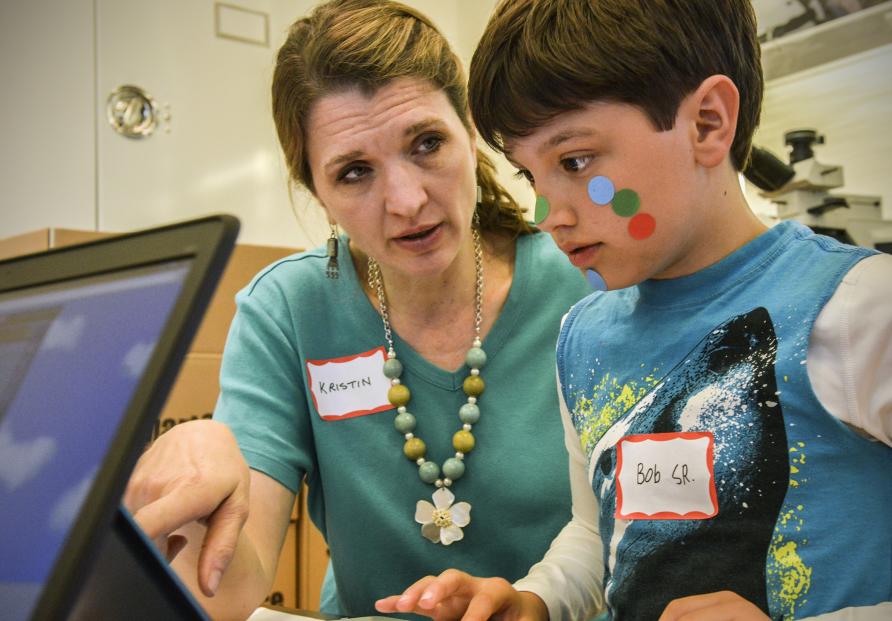
03 Feb Playing for participation: eSports
If there is one industry that has grown during COVID lockdowns, it’s the gaming industry, writes Dr Matthew Harrison. Sales, downloads and viewership have blossomed worldwide.
But the rise of competitive gaming hasn’t happened overnight.
Pre-COVID, eSports championships were filling world renowned venues like Madison Square Garden, and the prize money on offer for some tournaments is on par with major sporting events, like tennis grand slams.
The rise of this cultural phenomenon has important implications for schools. With eSports competitions now increasingly popular, and video games prevalent in the lives of our children, there’s increasing interest in establishing competitive eSports clubs within schools.
But what are the benefits?

Connecting with Gamer Culture
It’s estimated that more than 75 per cent of Australian schoolchildren play video games.
While schoolchildren only account for roughly a quarter of all players in Australia, they are the group with the largest percentage of participants who actively engage in watching other people play video games.
Building on this connection to gamer culture, video games have increasingly found their way into the curriculum through digital games-based learning. This ranges from students learning to code and creating simulated experiences in pre-colonised Australia to exploring cellular biology.

When used with care and purpose, researchers have found that video games can be a fertile space for learning, collaboration and skills development.
One of the most powerful benefits of eSports in the classroom is the opportunity for students to connect with each other, and to build a school community where everyone feels valued.
Bringing People Together
In lunchtime gaming clubs in a range of schools, our recent research into the use of Minecraft in Victorian Schools for the Department of Education found that regardless of age, cultural background or form of disability – games have a huge potential to bring people together.
A lunchtime club for students with neurological differences like autism found many of the students saw themselves as ‘gamers’, and some felt like they belonged to their school community when playing with their friends in this club.
A sense of belonging is important for every child, but for many students with disabilities and neurological differences, this can be a rare experience. Gaming and participating in an eSports club is a gateway to social interactions with classmates where they can be seen as capable and as experts and leaders.
As a teacher running games-based social skills programs, I’ve seen this firsthand.
A former student who has Down syndrome found a new level of respect and acceptance from his peers after he became the school’s best player of a racing game.

This student challenged my preconceived notions of what he could do with his fine motor skills and decision-making, and became a guide and coach to other players. The experience was transformative.
Developing collaborative social skills
Beyond building social confidence and community, my research has found that eSports can be an optimal space for developing collaborative social skills.
The real value of games is that they allow gamers to talk about something familiar and share their expertise.
For students who are not interested in traditional team sports, gaming is a meaningful space to develop these skills through collective planning, providing and receiving constructive feedback and coordinating actions in real time.
While many children naturally develop these skills through observations and modelling during unstructured play, some may require explicit teaching.
Games can create a space to practice these collaborative social skills. Through using carefully selected cooperative video games that require player collaboration, teachers can support students to highlight and develop these skills and their importance in real life.
Addressing the risks
Online gaming is increasingly inclusive but there is still work to be done.
One of the more notorious and high-profile challenges associated with the wider gaming community is bullying and harassment, particularly of female players. Likewise, players who have a disability or are neurodiverse are sometimes singled out for abuse.
The majority of gamers wish this didn’t feature in their community, but the sad reality is that it is an issue that players may face.
Cultural change can take time, but school-based eSports clubs can actively encourage a broad range of people to participate and create conditions so everyone feels safe.
Some schools have trialled a range of strategies to create ‘safe gaming spaces.’ Others have started all-female teams or ensured equal gender diversity on each team.
Intrinsic in these inclusive strategies is talking to students about the barriers that stop people from participating, how teammates can support each other if they experience abuse and what other strategies are available to accommodate diverse needs.

Ensuring Digital Inclusion
Digital inclusion is a complex issue.
The rapid rate of change and the need to upgrade hardware presents schools and eSports clubs with a potential digital divide among members.
There are several solutions to counter this. Schools could provide the hardware for an eSports team to ensure all players have access and this could be made more viable by external funding opportunities.
Some industry groups are already working with schools to establish and run facilities to allow students access to the latest technology. These facilities have been modelled similar to local government-run community sports and pool facilities.
Another option is to encourage students to play games on less expensive hardware.
During the past decade, eSports has seen incredible growth and it is being positioned as the future of sport in a post COVID-19 world.
While the pandemic has accelerated interest in eSports and potentially put more controllers in young hands over the past six months, schools are uniquely placed to harness its power and the enthusiasm of students as an effective vehicle for personal development.
Dr Matthew Harrison, Lecturer, Learning Intervention, Melbourne Graduate School of Education, University of Melbourne
“This article was first published on Pursuit. Read the original article.”



